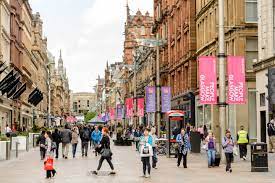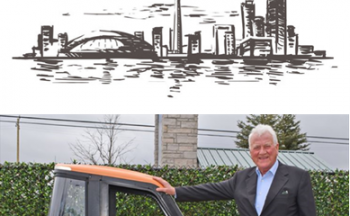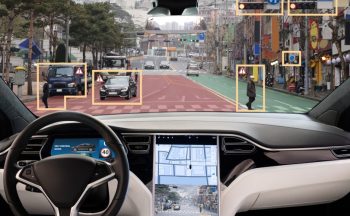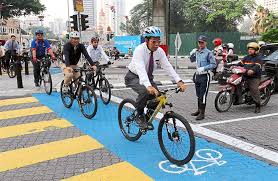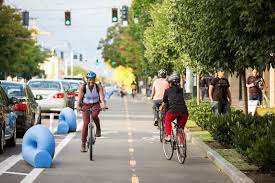 May 2023
May 2023
Paris has gone anti-automobile with Central Paris on the way to being nearly car-free. The speed limit has been reduced to 30 km per hour which is intended to reduce accidents, pollution and noise but is yet another attack on the car. The overall goal seems to replace cars with bicycles and eliminate parking spots. The city has banned heavily polluting diesel cars and converted the Seine River quayside roadway to a waterside park. Cars have been banned from major roadways. Soon they are expected to ban most vehicle traffic crossing the city centre and eliminate tens of thousands of parking spots. Green areas are to be expanded along with dedicated bike lanes. The intent is to create a 15-minute city meaning that all essential services can be reached within 15-minutes by foot or bike.
Closer to home, New York and San Francisco are expanding pedestrian-only areas.
Toronto and the GTA have taken an aggressive but less-draconian approach. The focus has been to greatly expand public transit, build dedicated bike lanes, and reduce the space for cars on Yonge Street in some areas. Travel by car will take longer but is not actively discouraged.
Increasingly, a car-free lifestyle is viewed as attractive. Urban living remains desirable and many millennials choose not to obtain a driver’s license. For those choosing to live in suburban areas, car-free streets are a threat. Public transportation is not always easily accessible. The car is necessary for many reasons including employment.
High-rise communities will need to adapt. Fewer cars will mean excess space in parking areas that can be repurposed. Where there is a shortage of street parking, communities may convert some space to public parking. More space will be needed for bicycle storage, package deliveries and stopping areas for delivery vehicles.
The future is getting clearer. We can expect Toronto to have fewer cars, more public transportation and more bikes.
